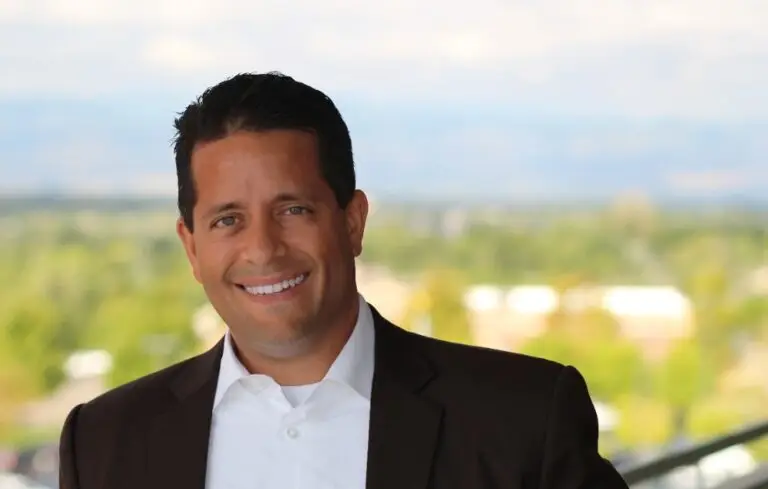Rethinking the HR Function at Small and Mid-Size Businesses
Small companies may not even have a separate human resources department. Often, the work is delegated to the chief financial officer or outsourced to a payroll specialist.
If there is such a department, the chief may well be a step ahead of colleagues at larger companies. That’s because he or she probably has a wide range of experience and functions.
“At small companies, a lot of lateral thinking and flexibility is required,” says Ravin Jesuthasan of the consulting firm Towers Watson. “You don’t have so much functional specialization.”
Ed Boswell was the CEO of The Forum, a small, Boston-based training and consulting firm, for eight years before moving to PwC. His company had an HR director; but, as The Forum expanded beyond North America, “the role of that person became much more of an advisor to me,” helping him navigate the laws in the various countries. Accordingly, the title was upped from director to vice president, and the salary rose about 25 percent. The bad news: The work hours increased, too. “Once you’re global, you need to be available from early in the morning to late in the evening,” Boswell says. That goes for the chief HR officer (CHRO) as well as the CEO.
Hiring Your HR Chief—New Roles, New Requirements
CEOs looking to get more out of their head of HR—and the HR function as a whole—need to rethink the criteria for the role. Business degree credentials can help, notes Myrna Helleman of Sibson Consulting. “More [HR chiefs] have gotten an MBA,” she says. “In the past, it would typically have been a general, liberal arts education—maybe economics or psychology.” In addition, Ed Boswell, head of the U.S. advisory and people practice at PwC, says HR has more data available now about work-force skills and availability.
Such hard-business street credibility is crucial for gaining colleagues’ respect. “If you look at finance and marketing, the rigor and science of both are commonly accepted at companies,” says Ravin Jesuthasan of Towers Watson. “The lack of a definitive science is part of the problem that has prevented HR from having a seat at the [C-suite] table. Your ability to denominate the people problem in the language of business gets you that seat.”
To find and groom the right person for this job, the CEO may well have to look outside the benefits office, perhaps to midlevel management at another department. “CEOs would be smart to take a business person in their late 20s”—maybe with five to seven years at the firm—“who has a fabulous negotiating style and is good with people, and plant them in in-plant HR management,” says Roberta McQuade of Ideal Industries. “If they acclimate to it, let them stay there and you will grow your VP.” Or vice versa. McQuade says she selected three “very smart” employees from her benefits office and moved them into sales, as a possible stepping stone to HR leadership. She chose sales instead of a different business area, McQuade adds, because it’s a bit similar to HR’s personnel-relationship work.
McQuade’s own career history illustrates this blend. While she had spent 24 years in HR before coming to Ideal, she had also worked in sales, marketing, operations and management consulting.
A company might even go outside to pick someone with a business background. Viterra did so in selecting Berger, who had been a management consultant for 22 years, most recently at Accenture, where Viterra had been a client. Berger says it was his business experience that appealed to CEO Schmidt. “Mayo said one of the things he liked about me was not only my ability to get the HR stuff done, but also to manage [merger] integration,” he says.
Of course, Berger needed some fast on-the-job training. He says he spent about six months networking with other HR officials, reading articles on relevant topics and quizzing HR experts, including benefits consultants at Aon Hewitt in Lincolnshire, Illinois, “to help me think through what my HR structure should look like.” For the nuts and bolts, “I relied on recruiting talented individuals below me.”
To better convey the broader role of HR heads, more and more companies are adding the crucial word “chief” to their titles and even replacing HR with broader terms: chief HR officer, chief talent officer, chief learning officer or chief people officer. However, reshaping the role demands more than semantics, notes J. Puckett of Boston Consulting Group, who says compensation also needs to reflect the broader role. Puckett cites several surveys showing that, on average, across all size companies, the head of HR makes only about half as much as the chief financial officer. “Until that changes, it’s going to be hard to attract the same level of talent to the CHRO position as we would to CFO,” he warns.
CEOs’ vs. HR Chiefs’ View of the HR Role
Many CEOs are steps ahead of their HR managers in redefining their job.
| HR Executive’ View | View of CEO and Line Managers |
|---|---|
| Traditional HR expertise | Relationship with CEO and line managers |
| Relationship with CEO and line managers | Strategic business planning |
| Conflict resolution | Policy implementation |
| Policy implementation | Conflict resolution |
| Resource management | Traditional HR expertise |
Key: Traditional functions/Newer and strategic functions*
*functions appear in descending order of importance
Source: Boston Consulting Group (from an online survey of 5,560 executives from December 2009 to March 2010)






